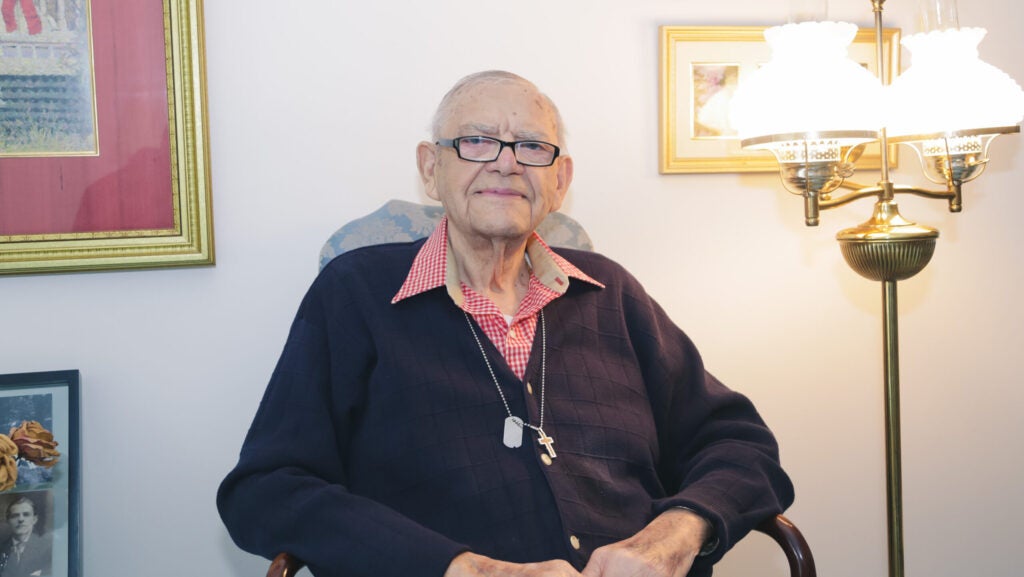

Some seniors and vulnerable adults forced to shelter at home are getting special care from a local Catholic agency. The 23 participants in Catholic Charities of Southeast Michigan’s Adult Day Program will be soon receiving daily phone calls and help getting needed supplies.
The adult day program, which offers daytime care and activities for seniors and vulnerable adults, especially those with memory issues, is operated out of two locations in St. Clair Shores and Auburn Hills. But participants had to be sent home to be cared for by their families after the COVID-19 outbreak.
“We did not want our clients coming out in their weakened states,” said program manager Nikki Harvey.
As soon as it was decided to close the on-site facilities, Harvey said she and her staff began working on how they could continue to serve their clients.
The agency already had in place a Phone Reassurance Program to provide seniors and caregivers with friendly, check-up phone calls. Now the program will be implemented daily.
With their initial calls so far, Harvey said they have had to calm a lot of panic.
“Spouses who are caregivers are worried what will happen if they get sick,” she said. “Some are young people caring for parents. Caregivers are worried they will become isolated, and worried if they will be able to take on the stress of 24/7 care. Some want home care, but many cannot afford it. There is fear about having a stranger come in their home. There is fear about someone bringing in the virus. There is fear of running out of food and medicine.”
Once Catholic Charities has gauged clients’ needs, they will set up daily follow-up phone calls and arrange home delivery of needed items such as food and medicine.
To deal with these issues, Harvey said Catholic Charities is planning the groundwork and will mobilize about 10 caseworkers to organize efforts. “Some will be our adult day staff, and some will come from other areas of CCSEM who are not working now,” she said.
Once Catholic Charities has gauged clients’ needs, they will set up daily follow-up phone calls and arrange home delivery of needed items such as food and medicine.
“We will gather supplies and physically drop them off on their front porch, so there is no in-person contact,” Harvey said. “Then we will call them and let them know it’s on their front porch.”
Harvey also is researching home health care companies who might provide in-home care, if needed.
“In the beginning stages, I was getting discouraged because some are not accepting new patients. But some are,” she said.
She is hopeful she can work out discounted costs for these services. “We would coordinate the services with these companies and get someone appropriately trained in home care.”
Harvey hopes her program can be expanded beyond current clients served to possibly include clients of Catholic Charities’ Senior Companion Program. “That program was serving about 200 homebound seniors,” Harvey said, adding Catholic Charities’ senior volunteers had to cease home visits because they were also in the high-risk population.
“We are hoping to expand our services to work with those homebound seniors as well,” she said. “We don’t know what the needs are going to be yet, but we hope to expand as best we can.”
“We are willing and able to be on the front lines of this,” she added. “We just can’t do it without some outside assistance.”
Home health care agencies and other service programs willing to join with Catholic Charities in this effort can contact Harvey at harveyh@ccsem.org.
[This article by Kelly Luttinen appeared originally in, and is reprinted here with the permission of, the Detroit Catholic, March 20, 2020.]








